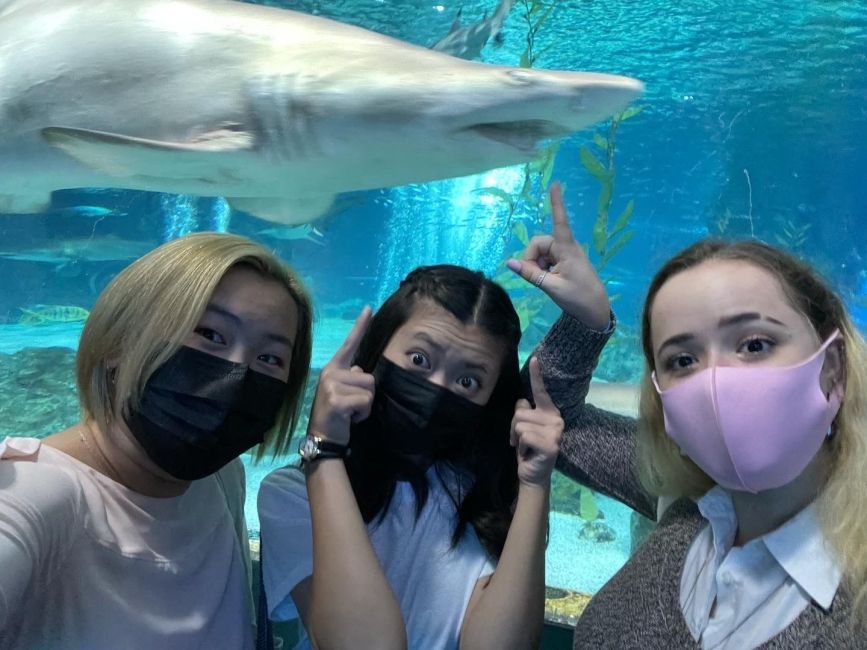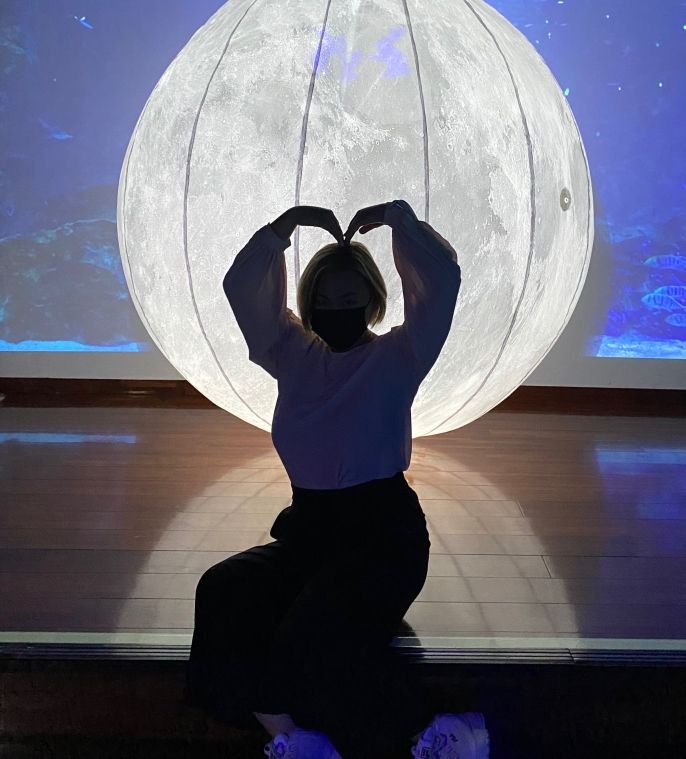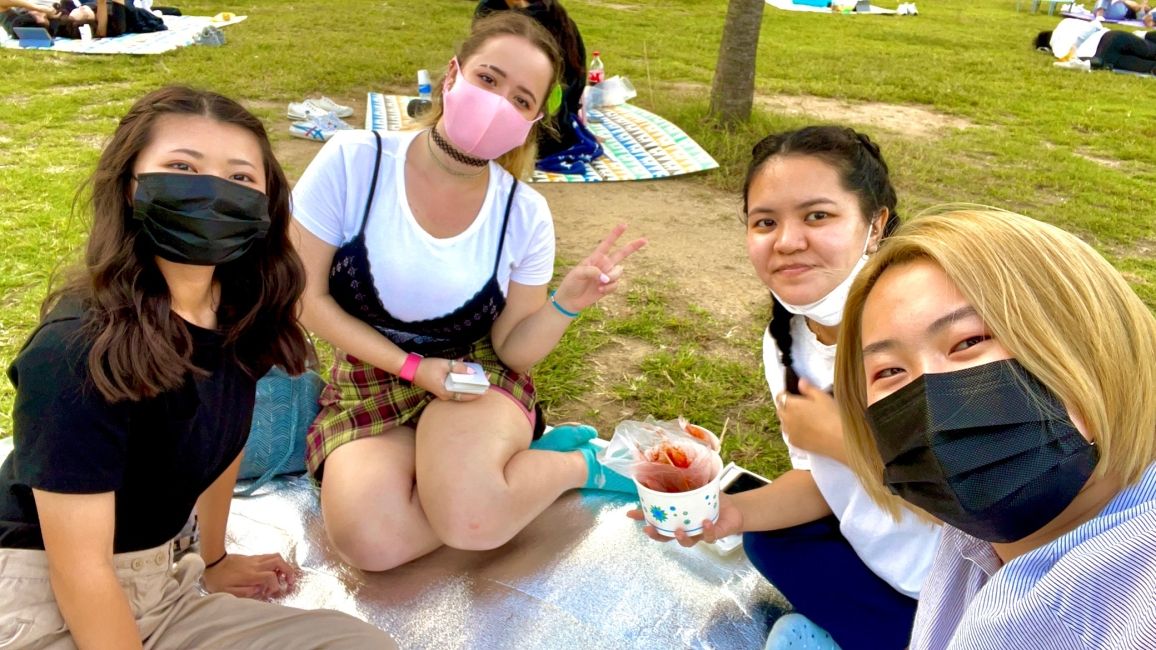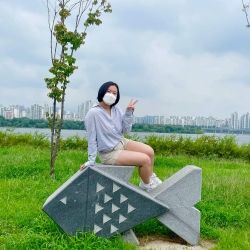My Hidden Superpower: A Blessing or a Curse?
A common icebreaker question I hear is: "If you could have a superpower, what would it be?" Some people want to fly. Some people want elemental powers like in Avatar the Last Airbender. For me, I typically respond with telekinesis, but that's irrelevant in the context of this blog post because it turns out I already have a superpower.
During my time in Seoul, I've discovered that I have the power of invisibility—though not exactly Violet from the Incredibles. Unlike in my hometown in Maine or my college town in Massachusetts, I have the ability to blend in with the crowd and walk around completely unnoticed. I can alter my body language to fit in with those around me, but like all superheroes who have just discovered their powers, I can't quite control it yet. I'm not doing or wearing anything special. I've simply entered an East Asian majority population for the first time since I was a baby.
As an Asian Adoptee from Maine, I never found much representation in my immediate circles, save for a few international students in my middle/high school years. In college, I got to interact with more Asians in college, but the area was still largely white. Wherever I went, curious—or taunting—eyes would follow me in the school halls or on the streets. I was too quiet, too boisterous... it really didn't matter. My features were enough to draw people's eyes. It was especially obvious when people would pull up their masks just a little bit higher in my presence—xenophobia and racism aside, at least I got them wearing their masks.
Now in Seoul, I am surrounded by those who resemble me—even with my new blonde hair. When pedestrian signs flash green and the masses migrate to the opposite side of the road, not a single person spares me a glace. I am free to go about my day as I wish without anyone questioning my presence... until I speak that is.
While I did come to Seoul with a year's worth of Korean study under my belt, my Korean speaking, listening, nor writing skills were up to par for anyone to communicate more than "Hi, how are you?" and "What's your name?" While I knew basic grammar mechanics on paper, knowing how to tell people that I'm a 3rd-year student does not help me through the checkout process at a clothing store or understand the directions someone was giving me on how to grill my KBBQ.
As soon as I open my mouth, I lose my superpower and leave unassuming people a bit perplexed. Sometimes it feels like I'm letting my conversation partner down as if being East Asian meant I should be able to fluently communicate in the common language, even if my birth origins do not lie in Korea. These expectations are entirely my own as I try to force myself to belong as either a foreigner or a person well-assimilated to Korean language and culture. The decision is particularly difficult because of the hostile narrative America tends to adopt in relation to foreigners or people who look foreign.
While I'm still rolling in these confusing feelings, I'm trying to describe myself as a learner rather than the aforementioned labels. Being a learner grants me space to make mistakes and celebrate small successes like being able to finally understand when the cashier asks if I want a bag or naturally using a new grammar structure I learned in Korean class.
This will be an ongoing internal conversation surrounding my identity that will continue even after I return to the U.S., but I'm grateful for the time and space to explore these personal themes and share them with you. Thanks for reading!
Related Posts
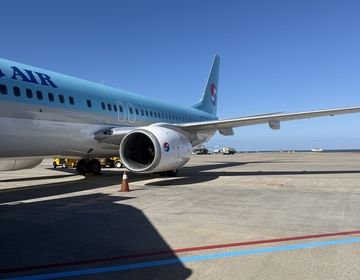
Soul Searching in Seoul: Everything I Learned and What I Wish I Knew
Before I start crafting my “study abroad changed me” answers for friends and family, here are the practical things I wish I’d known. The things that would’ve saved me time... keep reading
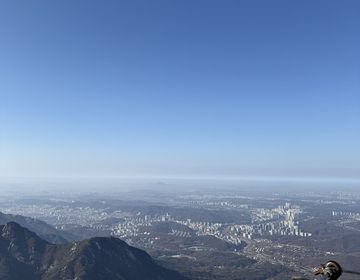
A Seoul Escape to Bukhansan
Get out of the hustle and bustle of Seoul and head to the peak of Bukhansan!
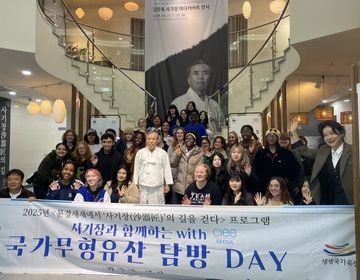
My Time in South Korea Attending Yonsei University: A Life-Changing Chapter
By: Zahrraa Al-Salman Studying abroad had always been a dream of mine—an opportunity to step outside of my comfort zone, immerse myself in a new culture, and deepen my understanding... keep reading
